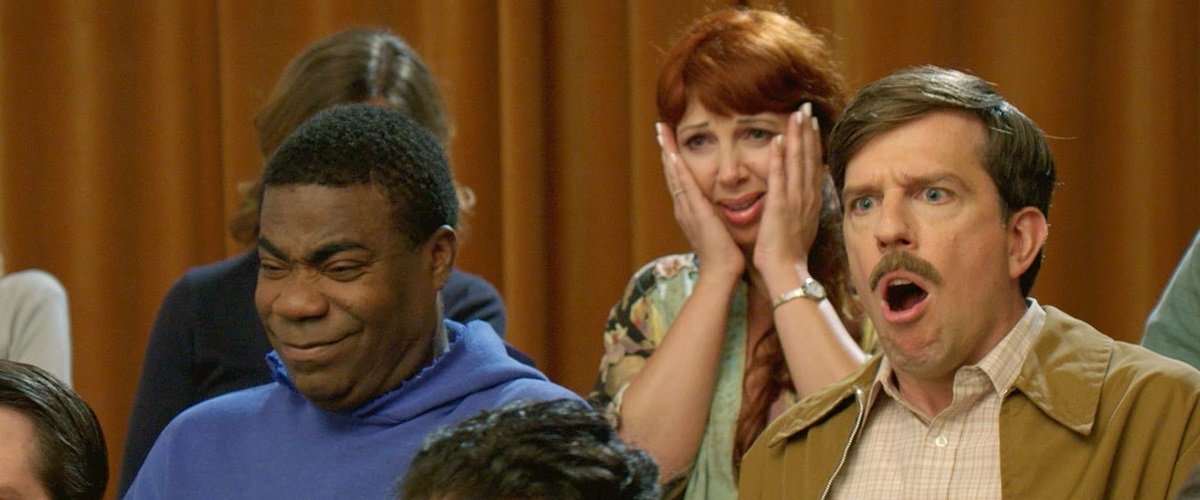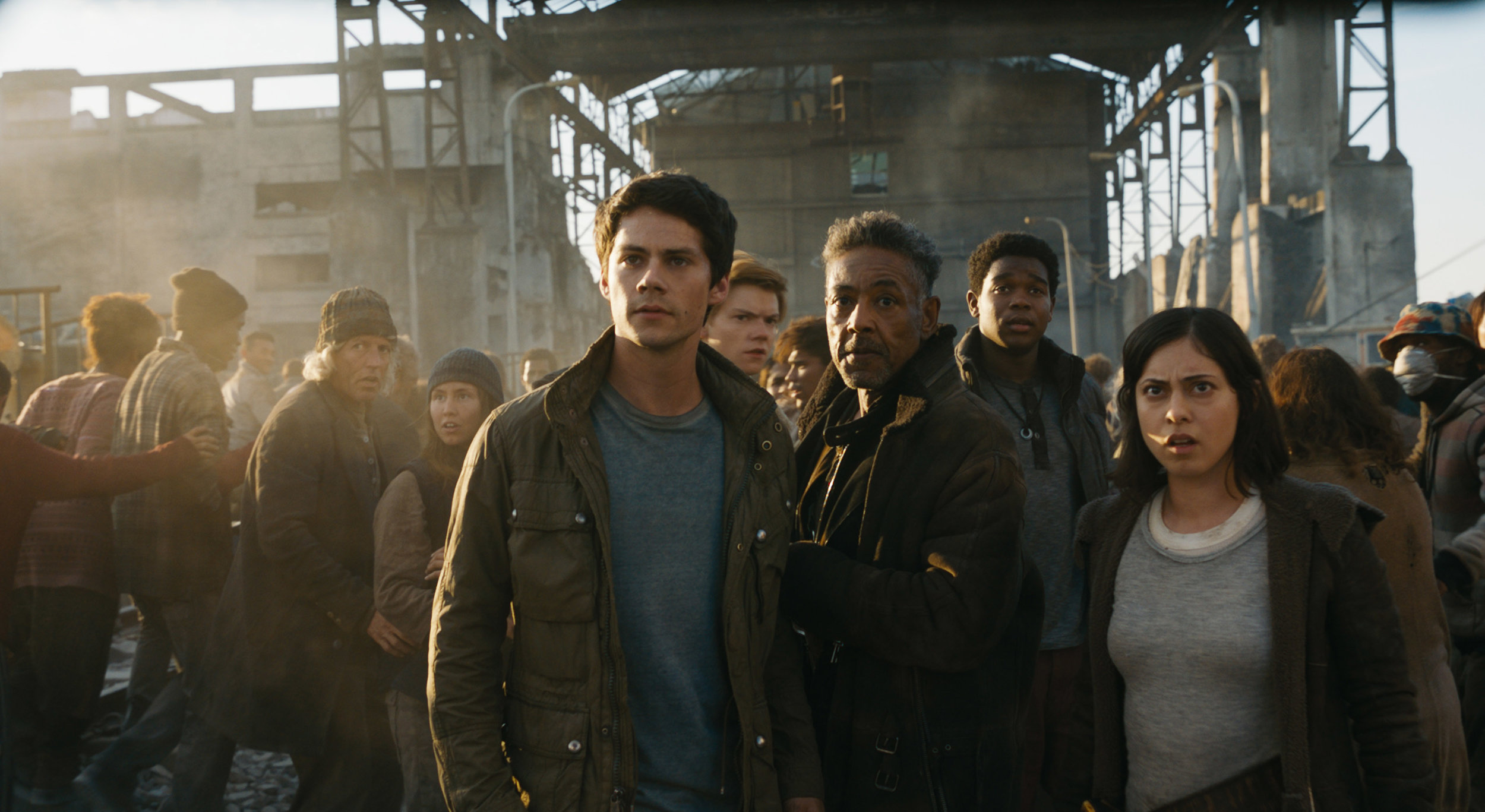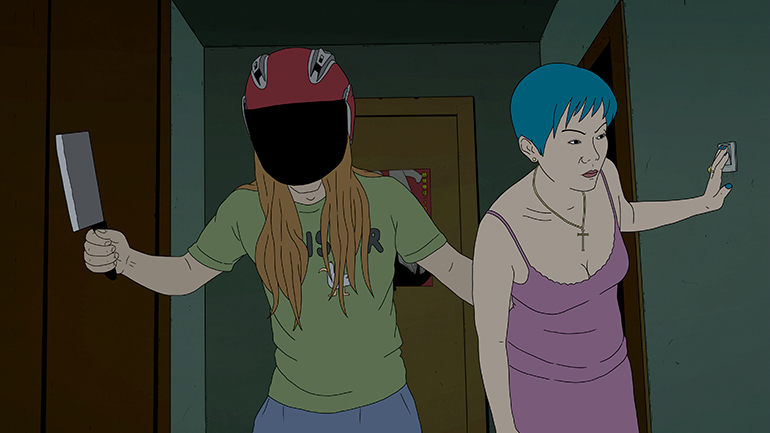File Under 2018 #19: The Clapper
/I'm always morbidly curious about the films dumped unceremoniously at the beginning of each year, especially when they star notable actors. Sometimes these movies are sitting on the proverbial shelf for months, maybe even years, before they are finally but out in one or two theaters or directly onto home video slash on demand.
Let me run down some of the talent involved in The Clapper ... First of all, it is directed by Dito Montiel, which may not be a name you recognize but seems to specialize in this sort of movie. After making A Guide to Recognizing Your Saints in 2006 [a movie that actually has some acclaim] he made back-to-back early pre-star Channing Tatum films Fighting and The Son of No One. He then made a movie starring The Rock, Emma Roberts and Liam Hemsworth that you've probably never heard of, Empire State, before directing what is known as Robin Williams's last film, Boulevard. Finally, he re-teamed with Shia LaBeouf two years ago for Man Down. This is a fascinating filmography that deserves a deep dive.
It is the film's cast, however, that is more interesting on first sight. Ed Helms and Amanda Seyfried are the leads. Helms may not have quite the same star power since The Office days but he is always an intriguing presence and too rarely leads a film. Seyfried, on the other hand, has led starred in films that have done over $100MM at the box office. The supporting cast is an impressive hodge-podge of random talent: the hilarious Tracy Morgan, wannabe actor Adam Levine, the late Alan Thicke, Russell Peters, Leah Remini, with Mark Cuban and Billy Blanks showing up as themselves. Rob Gronkowski even makes a cameo. This cast is weird and completely understandable why The Clapper made it off the ground.
As for the film, it's bad. I mean, I figured that would be the case. I was only hoping it would be insanely, weirdly bad -- it might be all three of those things but it isn't any fun.
What it's about: Eddie Krumble is a professional "Clapper," getting paid to sit in on infomercial tapings and act excited and ask leading questions to the host. When a late night talk show runs a segment that points out Eddie in various disguises at multiple of these tapings, it starts a manhunt to find out who is this mysterious man. When Eddie isn't dealing with the ramifications of becoming a weird instant celebrity, he befriends gas station attendant Judy, who shares his quirky outlook on life. But when Eddie loses touch with Judy, he uses his newfound platform to find her.
Unorganized thoughts:
The basic message of this movie is that it isn't cool for Hollywood to ruin the life of an impressionable, mentally stunted person. Think we can all agree with that.
Obviously, the immediate problem with The Clapper is that it supposes that a dumb bit on late night show would become a genuine media sensation.
I'm not exactly sure what world this movie takes place in. At one point Eddie pays two dollars to use a computer inside a donut shop.
The biggest crime, though, is wasting Tracy Jordan -- that should be a federal offense. The only funny thing about him in this movie is the character's last name is "Plork."
Poor Amanda Seyfried, though. Her character is so incredibly underdrawn, like an exaggeration of the cliched girlfriend role. She only exists to covet a gas station job and be in love with the sad sack hero. It is impossible to think of any version of Amanda Seyfried would be this person.
Maybe it is just that the film is remarkably unfunny but I would have loved to see this made darker, like The King of Comedy for an infomercial audience member. There is no reason to root for Eddie as his life is falling apart, so it would have been more fun to root against him. The quirky indie sweetness is suffocating.


















